As exciting as it can be to see some of the most-anticipated films of the year at their festival debuts, it’s perhaps even a more enticing proposition to seek out the films that one may not have a chance to for quite some time. With the 62nd New York Film Festival kicking off this Friday, September 27 at Film at Lincoln Center, we’ve highlighted the must-see selections still seeking U.S. distribution at the time of publishing. For more coverage, follow here and subscribe to our daily newsletter.
Afternoons of Solitude (Albert Serra)
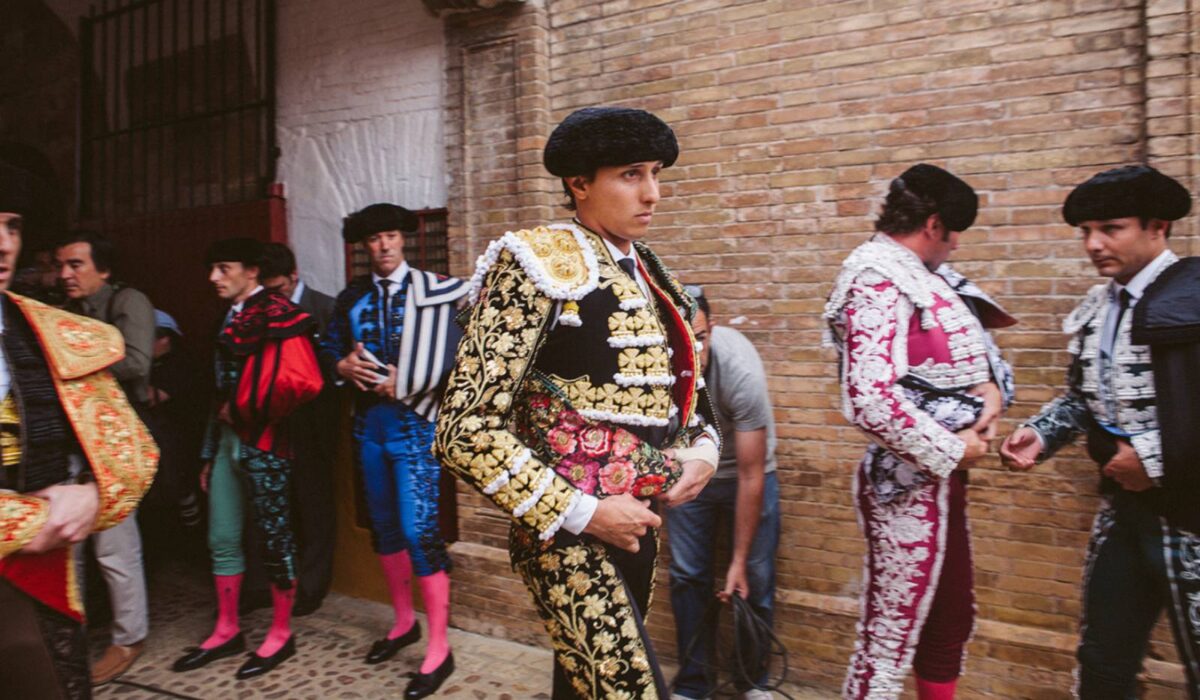
Following up his career-best work with the mesmerizing Pacifiction, Albert Serra is back just a couple years later, this time with a work of non-fiction. Afternoons of Solitude is a mesmerizing portrait of bullfighting star Andrés Roca Rey, set over just a handful of extended sequences in which we bear witness to the primal connection made between man and animal. Donning his majestic traje de luces (aka suit of lights), Rey’s all-consuming time in the ring is filmed with both a nervous calm and a sense of transfixing beauty as his blood-splattered matador costume starts to blend with the striking red ring he’s confined to. With Serra’s formal conviction, what could have been a standard documentary on the process becomes something altogether transcendent. – Jordan R.
April (Déa Kulumbegashvili)

Like Beginning, April also carries the mark of reality, mediated. The director is inspired by fictionalized stories gleaned from the real world––especially her hometown, a village at the foot of the Caucasus mountains in Georgia and its people. Beginning’s sparse dialogue, long takes, and atmosphere of violence closing in on the main character––a Jehovah Witnesses pastor’s wife played by the new film’s lead, Ia Sukhitashvili––made space thicken and swell, while April breathes. Arseni Khachaturan’s patient, somehow insistent camera uncovers a world that is both familiar and uncanny: a world split between rumbling storms, rainfall, a gorgeous sunset seen from angles almost as low as the grass itself, and a rotting patriarchal society that squashes female independence with its body politics. Nina (Sukhitashvili) is an OBGYN who, despite best efforts, has to report a newborn’s death as the result of a previously unregistered pregnancy. The local woman’s husband demands an investigation, well aware of rumors that Nina performs illegal abortions in the village––something the patriarchy cannot allow. – Leonardo G. (full review)
The Ballad of Suzanne Césaire (Madeleine Hunt-Ehrlich)
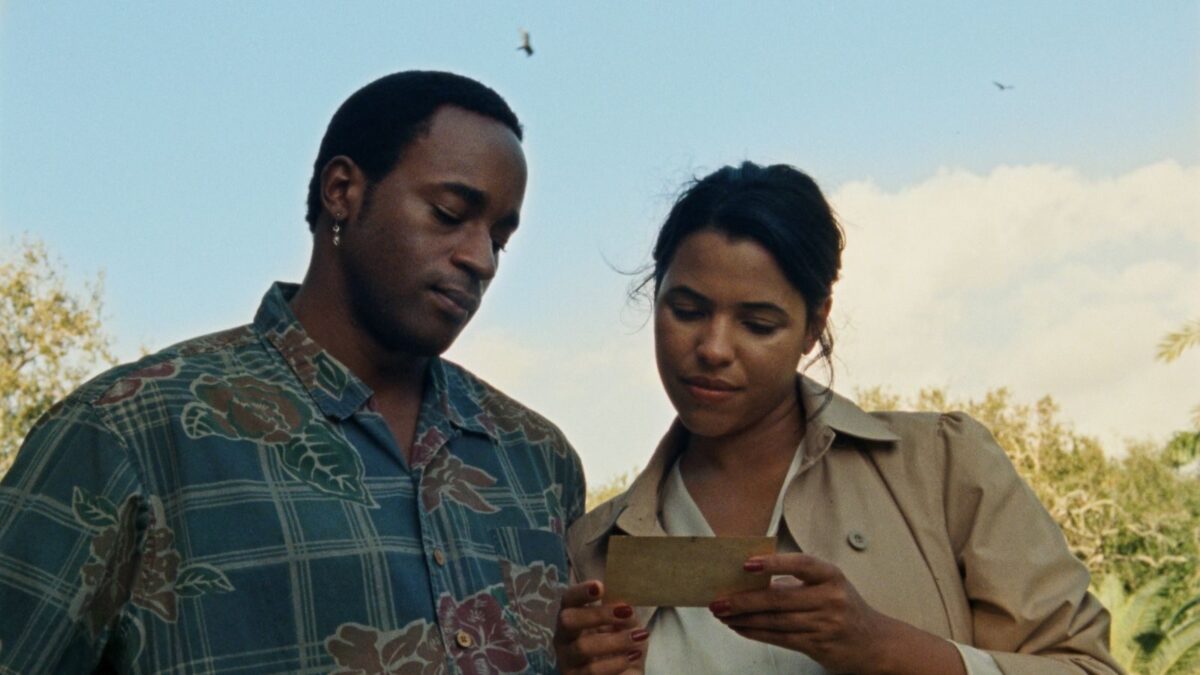
If you weren’t familiar with Suzanne Césaire beyond her spousal connection to the Francophone surrealist Aimé Césaire, the film has your back. This impressive and transportive debut from artist Madeleine Hunt-Ehrlich is yet another investigation into a cinematic subject, here a Martinique poet and intellectual neglected by time and acclaim, that eventually decides on their ultimate elusiveness. Yet through its hypnotic staging and poised performances (including Zita Hanrot as the title character), it’s an experience that both invites and resists our full comprehension. – David K.
DIRECT ACTION (Guillaume Cailleau and Ben Russell)
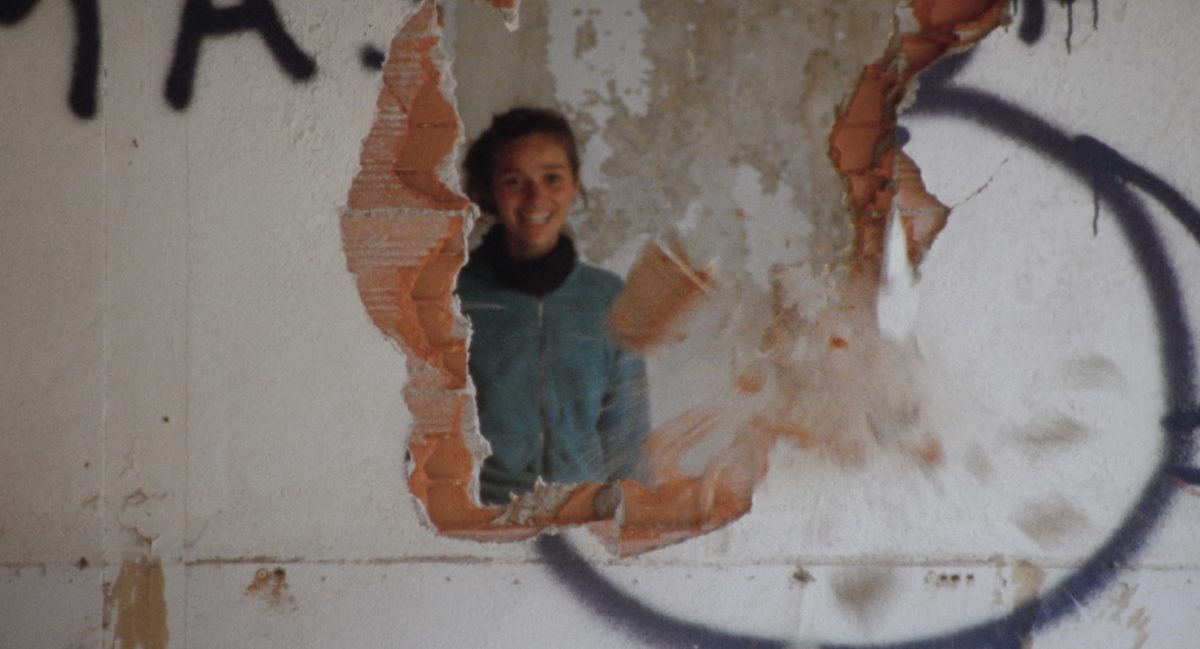
There’s a stretch of land in northwestern France that’s spent the past six decades fighting prospects of total annihilation. Plans to build a new international airport began to hover above Notre-Dame-des-Landes, a rural commune a few miles from Nantes, as early as the 1960s. In the years since, evicted farmers refused to leave and joined forces to squat their old turf back. Thus began the ZAD (Zone to Defend) as local residents and activists turned the reclaimed area into a self-sufficient community. “The airport will happen,” then-PM Jean-Marc Ayrault brayed in 2012. It didn’t. Governments from both left and right sought to remove the squatters, sometimes with astonishing force––during a large eviction campaign that spanned a couple of weeks in April 2018, the police fired an estimated 8000 tear gas canisters and 3000 stun grenades a day. Yet the ZAD prevailed, cementing itself as a successful example of collective living––a 21st-century heterotopia, if you will––that’s received as much attention from the cops as it has from the media. Journalists and filmmakers have been struggling to illuminate its inner workings ever since it came to life, spawning a canon of shorts, docs, and TV exposés that have treaded a dangerous line between voyeurism and cheap spectacle. In a place so flooded with images, what’s there left to show, and how? – Rory O. (full review)
exergue – on documenta 14 (Dimitris Athiridis)
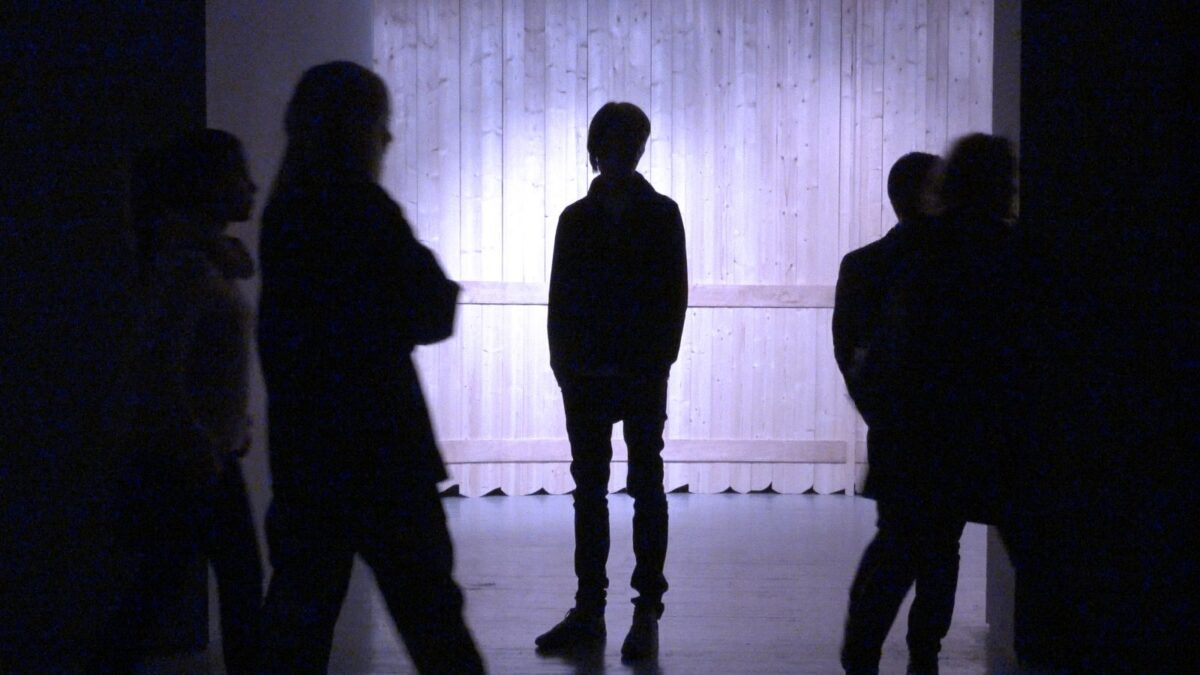
A fourteen-hour documentary about mounting an art exhibition can seem like a daunting viewing proposition, but fear not: Dimitris Athiridis’ exergue – on documenta 14 is the single most entertaining and gripping feature I’ve seen out of 50-plus titles in this year’s New York Film Festival. In what should be required viewing for anyone interested in the systems of arts, commerce, and curation, the episodic endeavor follows documenta 14 artistic director Adam Szymczyk as he contends questions of financial responsibility, the path of scouring the world for compelling art, marketing to an audience he hopes will return, and dealing with the crises of the day. Deeply embedded in the mammoth project every step of the way, Athiridis’ Wiseman-esque approach to dissecting every element of the process is monumental in and of itself.
Harvest (Athina Rachel Tsangari)
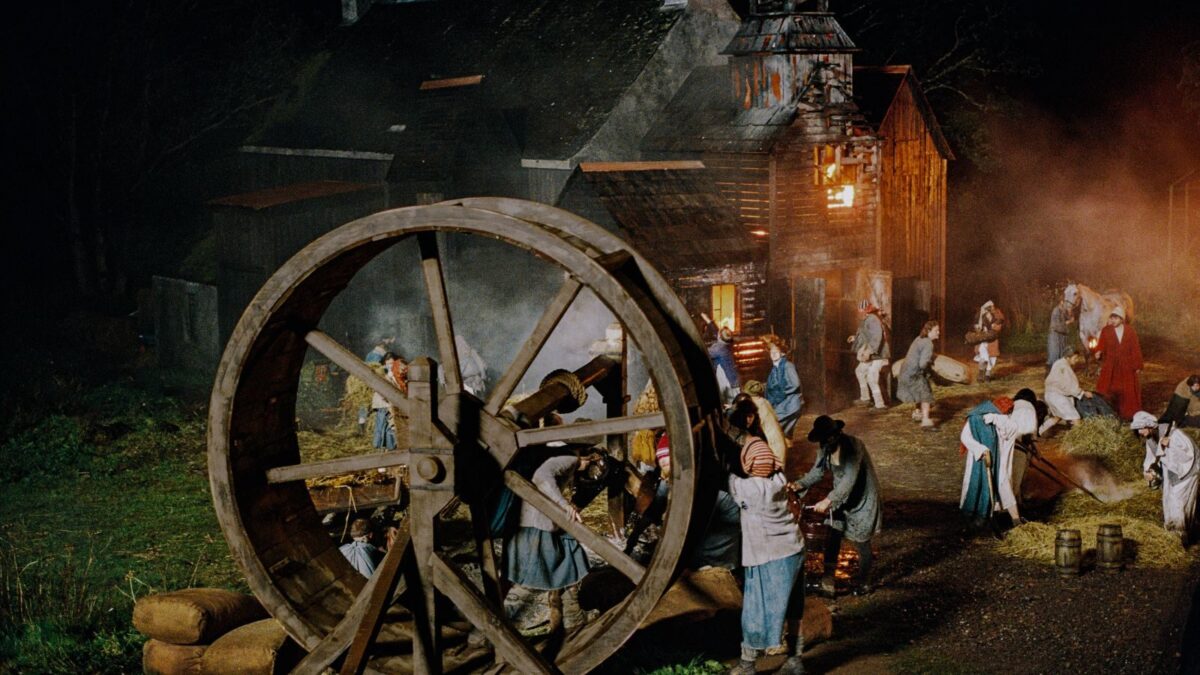
An unnamed village, an unknown time; somewhere in Britain, sometime in the Late Middle Ages, something is about to end. Athina Rachel Tsangari’s Harvest sees the twilight of an old social order, but is not mourning a paradise lost. That would be too simplistic a comparison for a filmmaker whose work has always succeeded in weaving the allegorical with the political, such as gender constructs in Attenberg or Chevalier. Nine years after the latter, the Greek director returns to feature filmmaking with an adaptation of Jim Crace’s acclaimed book of the same name, making Harvest her third film and first period piece. – Savina P. (full review)
Jimmy (Yashaddai Owens)
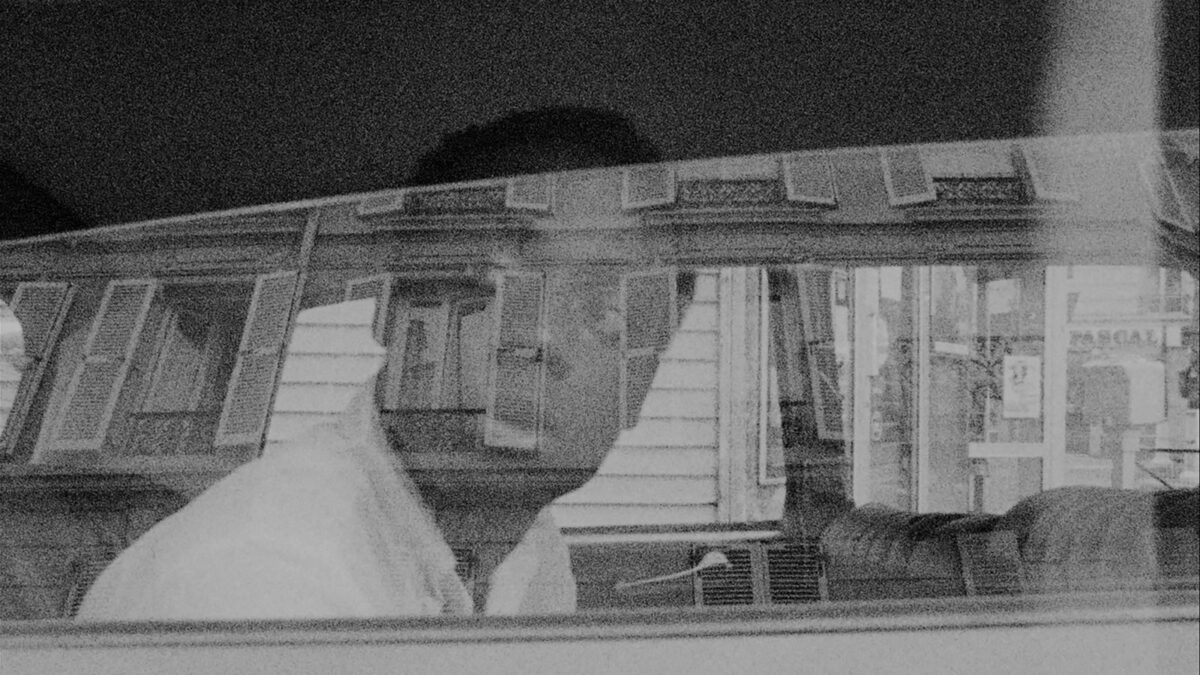
My favorite discovery in this year’s NYFF lineup is Yashaddai Owens’ jazzy, French New Wave-esque portrait imagining James Baldwin’s (Benny O. Arthur) arrival to Paris in November 1948. With a plethora of biographical dramas seemingly rinsing and repeating key moments of a famous subject’s life in a formally familiar fashion, Owens radically rethinks the form of the biopic, one that transports the viewer with the fresh sights and sounds of a new city that would go on to shape the author’s work. Shot on grainy, evocative 16mm in black-and-white, it’s an adventurous gamble that succeeds on every front. – Jordan R.
My Undesirable Friends: Part I — Last Air in Moscow (Julia Loktev)
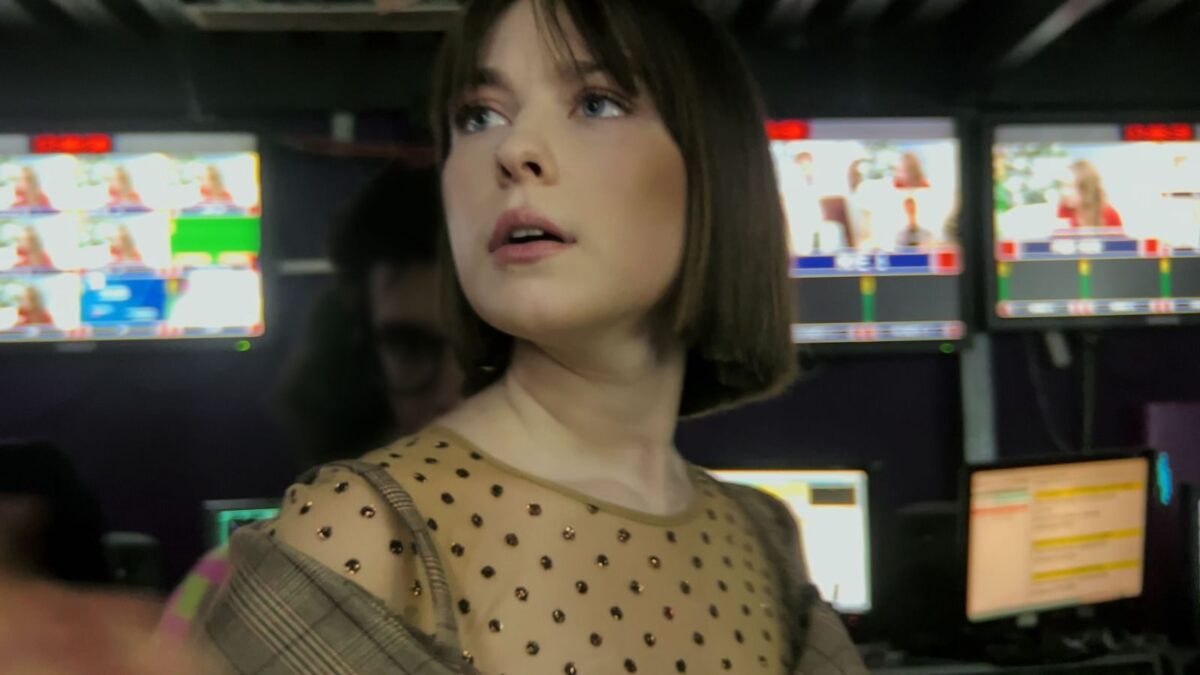
With it being thirteen long years since her last brilliant feature The Loneliest Planet, Julia Loktev is finally returning this year with a five-hour documentary––the first of a two-part project. World-premiering at the New York Film Festival, the intimate, intricate My Undesirable Friends: Part I — Last Air in Moscow finds Loktev capturing Putin’s assault on independent journalism in Russia, which was only exacerbated by his full-on attack on Ukraine. The film captures Loktev documenting a group of her friends fighting the good fight running TV Rain, Russia’s last remaining independent news channel. – Jordan R.
No Other Land (Basel Adra, Hamdan Ballal, Yuval Abraham, Rachel Szor)
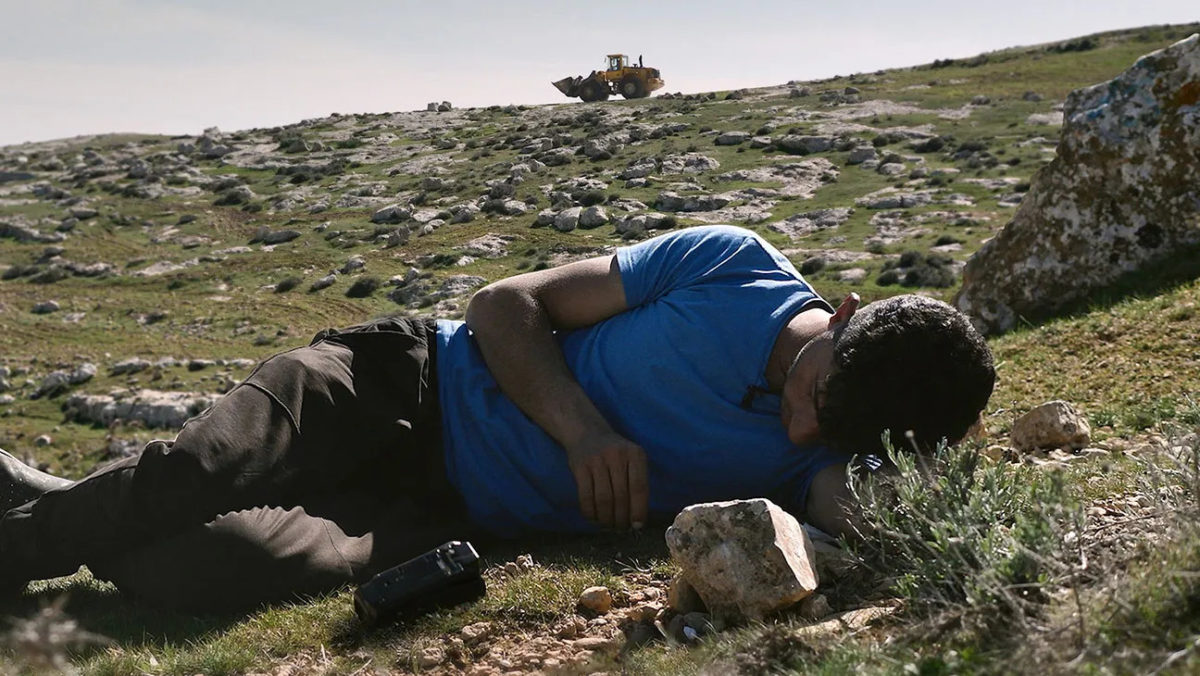
Something that’s occasionally forgotten amongst the carnage and statistics of recent events is how relentless (and calculated) the decades of conflict have been on regular Palestinian lives: the daily humiliations faced by anyone forced to pass through a checkpoint to get to work; or the endless micro and macro aggressions visited on those living near the border. The latter is what is witnessed in No Other Land, a powerful documentary premiering today at the Berlinale that follows the friendship of Basel Adra, a Palestinian activist and West Bank native, and Yuval Abraham, an Israeli investigative journalist who joins his cause. Beginning in 2019 and running all the way up to December of last year, the film provides a vital document of the erasure of Adra’s region, Masafer Yatta––an organized offensive that is described in the press notes as “the largest single act of forced transfer ever carried out in the occupied West Bank.” – Rory O. (full review)
Stranger Eyes (Yeo Siew Hua)
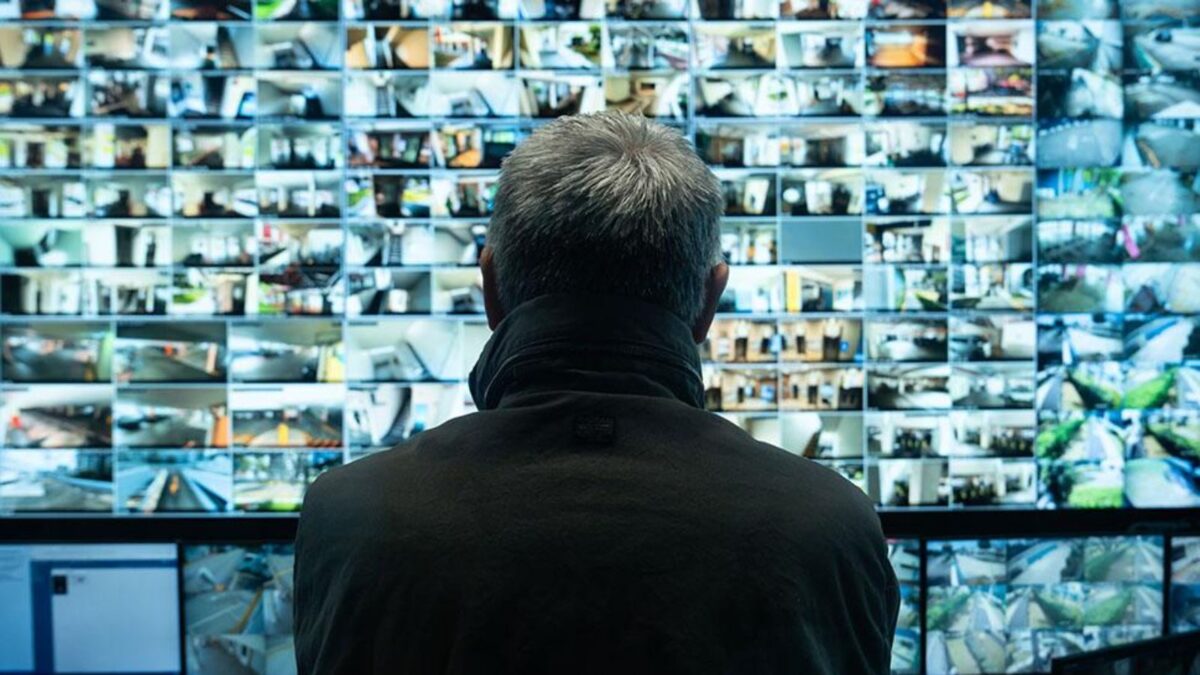
In a film so concerned with our current media regime––the way we produce and consume images of each other––Lee saunters into Stranger Eyes as a kind of anomaly. There is a stark contrast between the surgical eyes of CCTV cameras and the actor’s own, the way surveillance devices capture reality and how Lee’s Wu processes it. I do not mean to downplay Wu and Panna’s turns. The former in particular channels a feverish angst, and his transformation from object of Wu’s obsession into voyeur himself largely works. But Stranger Eyes belongs to Lee. Whether or not Yeo wrote it with him in mind, I can’t think of a better performer to flesh out the chasm that powers the film: between different ways of looking, between fears as old as time itself and the state-of-the-art technology used to bring them to light. – Leonardo G. (full review)
Suburban Fury (Robinson Devor)
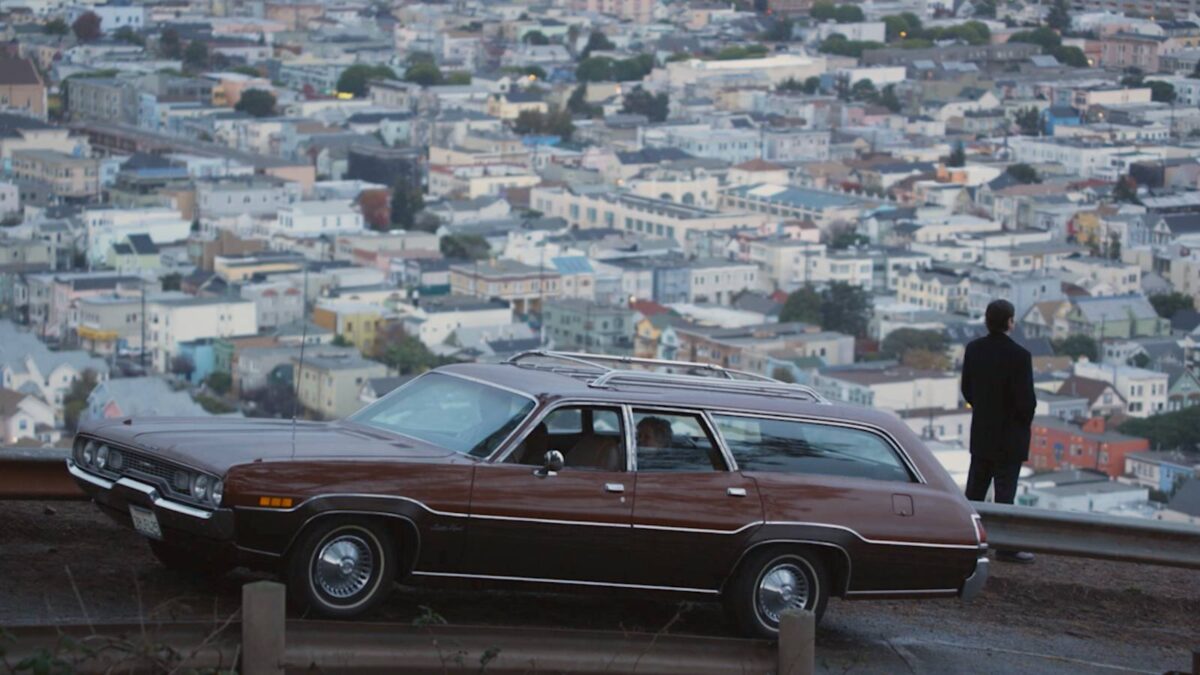
As America braces for a tumultuous election this fall, the unease in the air is not unlike what the country faced some half-century ago, as Robinson Devor’s new documentary Suburban Fury evinces. Telling the story of Sara Jane Moore, who attempted to assassinate President Gerald Ford in the fall of 1975, the documentary is a fascinating portrait of an unknowable subject. Though Devor has no trouble getting access to the now-94 Moore, parts of her personality remain an enigma on camera, making for a riveting documentary about the futile attempt to find hard answers and how slippery the supposed truths of history can be. – Jordan R.
TWST / Things We Said Today (Andrei Ujică)
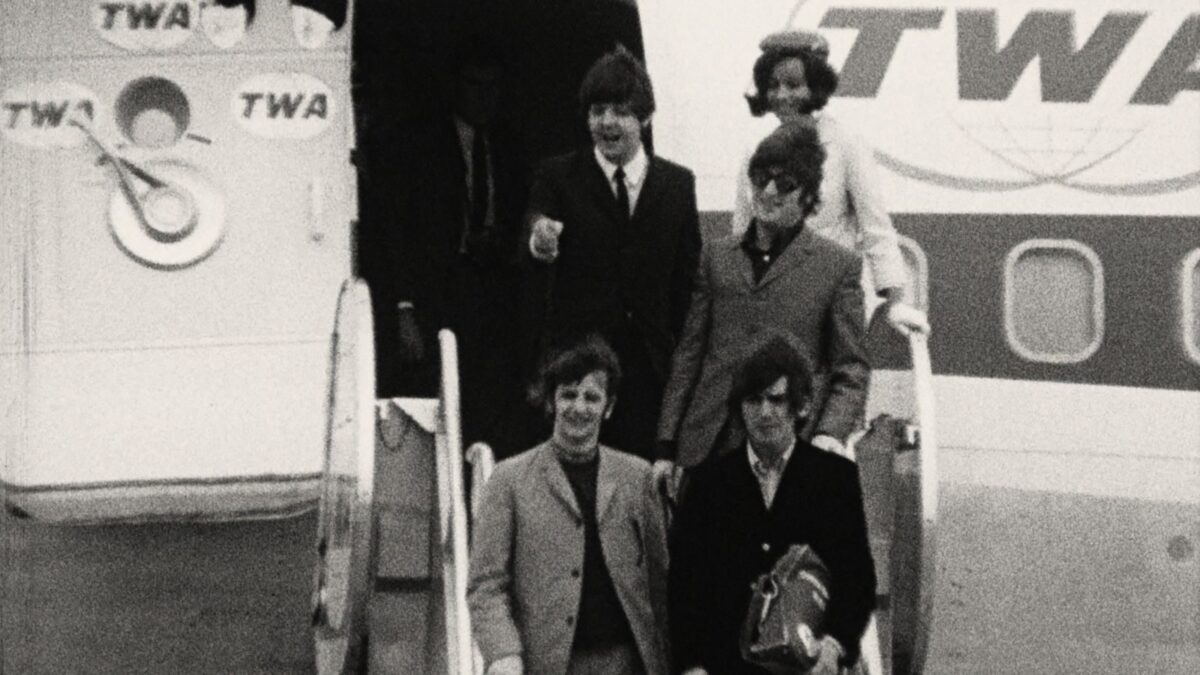
Before Sam Mendes helms his quartet of narrative Beatles features, we’re getting one more film about the lads from Liverpool. Capturing New York City upon the August 1965 arrival of the legendary band, a straight-up archival concert documentary this is not. Romanian director Andrei Ujică instead incorporates the sights and sounds of the city to create a bustling symphony of anticipation, capturing the last gasps of a culture that was in the process of forever changing. – Jordan R.
If you’re seeking out more undistributed films to check out at the festival, we also recommend 7 Walks with Mark Brown, The Ballad of Suzanne Césaire, bluish, The Damned, Little, Big, and Far, and Jean-Luc Godard’s final work Scénarios.
The 62nd New York Film Festival takes place September 27-October 14. Get tickets here.
